The unsung heroes of 5G: which companies are pushing the tech forward?
From Qualcomm to ZTE
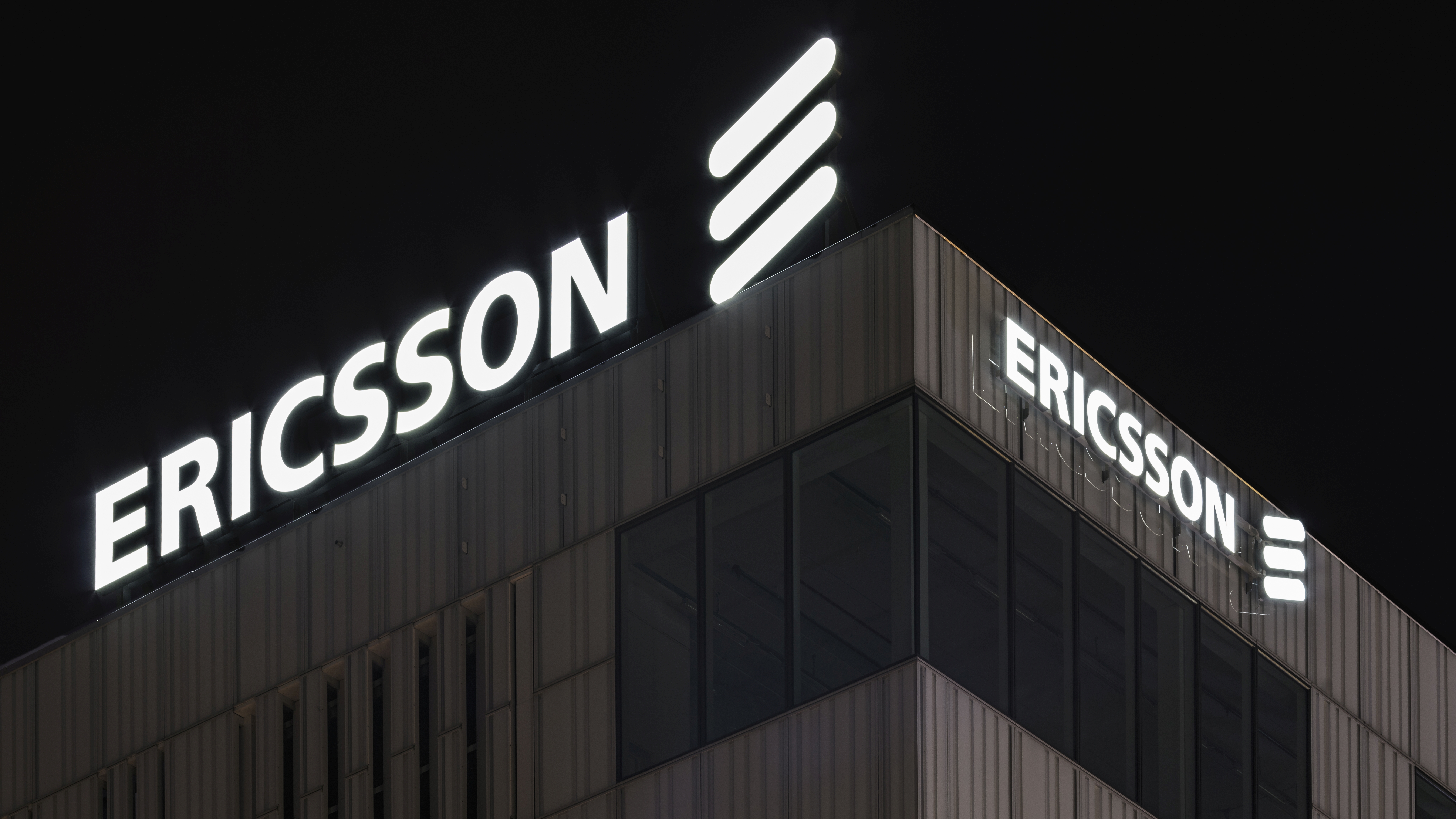
5G is finally here. It’s the fifth generation of mobile networks and a massive upgrade on current 4G mobile technology, promising far higher speeds, lower latency and the potential to do more, from powering 8K video streams on future phones to becoming the backbone of truly smart cities.
So it’s set to be a really big deal, just as soon as 5G networks are widely available and 5G phones are in people’s hands – which is something mobile makers are working on now.
But while the likes of Samsung with the Galaxy S10 5G and OnePlus with the OnePlus 7 Pro 5G are getting a lot of attention for launching some of the first 5G phones, there are plenty of other companies that have been working away on 5G in the background for a long time – without which, we wouldn’t be enjoying this first wave of 5G handsets.
It’s these companies that we’re going to shine a light on here, highlighting some of the key names and their contributions to our 5G future.
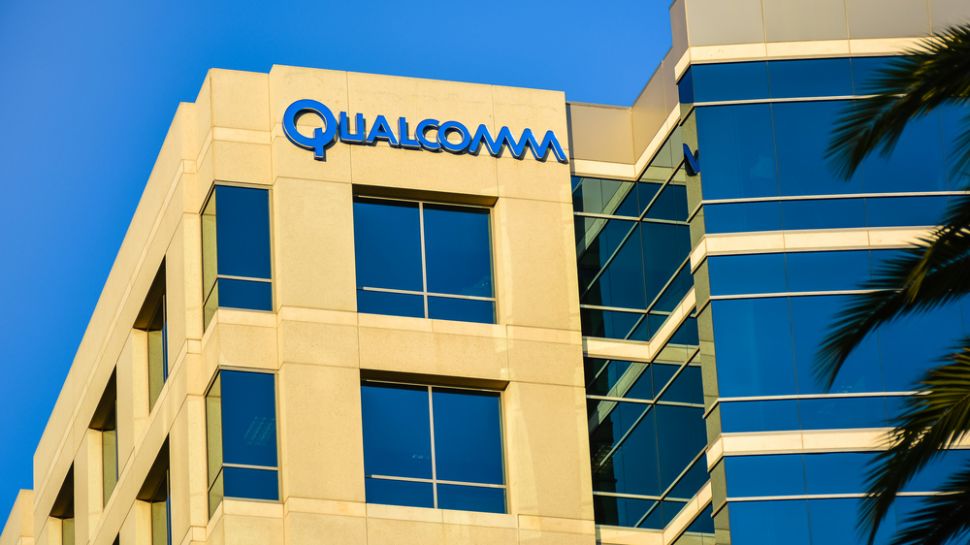
Qualcomm
If there’s one company that deserves a lot of credit for the birth of the 5G phone, it’s Qualcomm, and specifically the company’s Snapdragon X50 modem.
This was the world’s first 5G modem and it’s the modem you’ll find in any current Snapdragon 855-powered 5G handset, of which there are set to be quite a number, as that’s the main flagship smartphone chipset of 2019.
The aforementioned OnePlus 7 Pro 5G and some versions of the Galaxy S10 5G use it, and so too does the LG V50 ThinQ, Xiaomi Mi Mix 3 5G, and Oppo Reno 5G.
Get daily insight, inspiration and deals in your inbox
Sign up for breaking news, reviews, opinion, top tech deals, and more.
Without Qualcomm’s work these phones likely either wouldn’t exist or wouldn’t support 5G. And being such a pioneering force in 5G tech, Qualcomm also actually launched the world’s first 5G phone back in December 2018.
If you can’t recall it, that’s because it was just a reference device, not a phone you could buy – but it shows how ahead of the game Qualcomm was (and still is).
The company isn’t stopping here – it has already unveiled the Snapdragon X55, its second generation 5G modem, along with the first mobile chipset with an integrated 5G modem (where current 5G phones have a separate 5G modem).
But Qualcomm has been doing more than just building 5G modems, as the company has been a major player in many aspects of 5G. As part of the 3GPP (3rd Generation Partnership Project – a mobile standards organization) it has helped develop and define 5G technology standards. Without the 3GPP – of which Qualcomm is a major member – 5G as we know it might not exist.
Qualcomm has also carried out numerous other 5G trials and developed associated technologies, often in collaboration with other companies, such as working with Samsung on small cells, and with Nokia on 5G call interoperability.
There’s too much to get into here, but for a deep dive, Qualcomm has an almost overwhelming timeline of its work on 5G, dating all the way back to 2014.
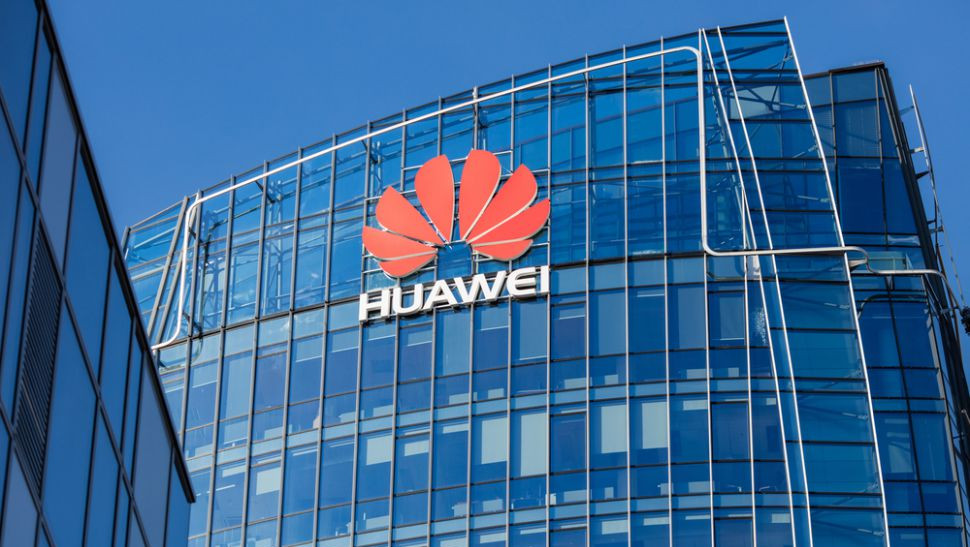
Huawei
Huawei is also a major 5G player and we don’t just mean because of the 5G Huawei Mate X and the Huawei Mate 20 X 5G, as the company - like Qualcomm - has also been doing things behind the scenes.
For one thing – again like Qualcomm – Huawei has built a 5G modem, namely the Balong 5000. But that’s just the tip of the 5G iceberg. According to IPlytics, Huawei holds more patents related to 5G than any other company in the world as of April 2019, with over 15% of them. So, by that measurement you could argue that Huawei has played a bigger role in 5G development than any other company.
That may not be a fair measurement, but there’s no doubt that Huawei has been a huge influence. Beyond patents and modems, the company has carried out 5G trials, completed the world’s first 5G call (with Vodafone’s help), and launched the world’s first core chip designed for 5G base stations – a tech which will be integral to 5G networks.
Those are just a few highlights of Huawei’s 5G work, there’s lots more, and more to come as well, especially as the company will be a key infrastructure provider for many 5G networks.
Although security concerns recently led to US President Donald Trump placing Huawei on the ‘entity list’, limiting the business US brands could do with it, that hasn’t stopped networks in other countries partnering with it – by the end of March 2019, Huawei had agreed 40 5G contracts with mobile operators, and it has shipped well over 45,000 5G base stations that will be used by networks.

Nokia
Nokia might not be a major player in smartphones anymore; in fact the latest Nokia-branded handsets are made by a completely different company. However, it’s still a big player in mobile technology, and that includes 5G.
According to the IPlytics research linked above, Nokia actually has more 5G patents than any company other than Huawei. In fact, its contributions are so great that Nokia expects to make €3 (roughly $3.35/£2.60/AU$4.85) in royalties for every 5G smartphone sold.
And its contributions aren’t limited to the tech used by phones. The company is also going to be a big force in network infrastructure. Indeed it claims to be a “one-stop shop” for 5G network gear, thanks to offering things like a cloud base station that can virtualize 5G network functions in the cloud, and ReefShark 5G chipsets, designed to reduce the cost and improve the performance of 5G networks.
As a result, the company has contracts to supply 5G equipment to dozens of mobile networks, and some of these contracts are worth big money – T-Mobile for example has signed a $3.5 billion deal with Nokia, to help get its 5G network up and running.
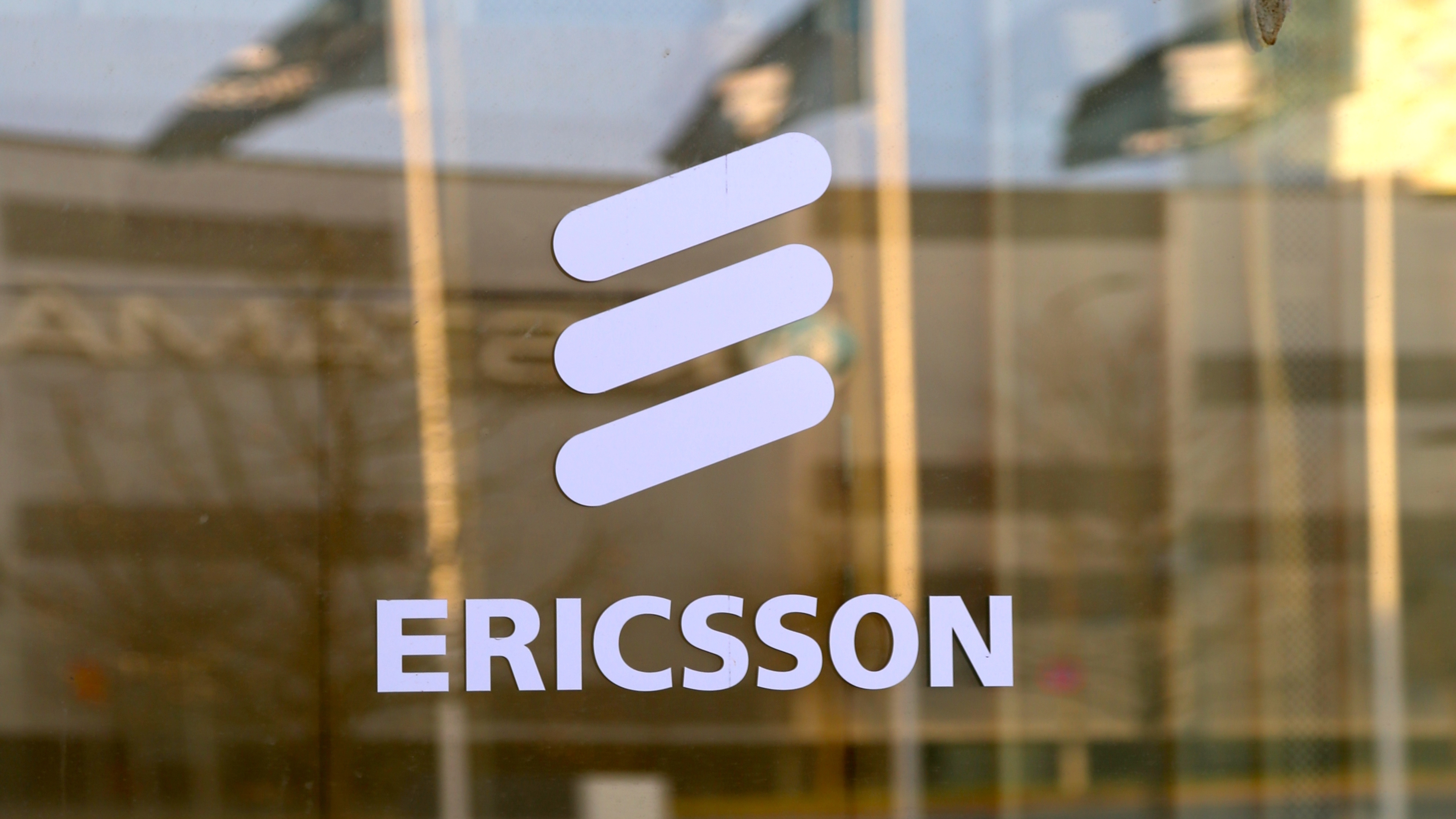
Ericsson
While Ericsson isn’t spoken about in relation to 5G quite as much as some of these companies, it has certainly still helped develop and push the technology.
As with other 5G contributors, this work has taken many forms, but like Nokia and Huawei, Ericsson wants its tech at the heart of 5G networks and to that end has signed numerous deals with mobile operators to be their 5G infrastructure partner.
These deals include one with Verizon, which was the first network to launch a 5G service anywhere in the world – with Ericsson’s help. It’s perhaps no wonder that Ericsson is helping deliver early 5G networks, as it also offers a “complete 5G platform” designed to smoothly evolve networks from 4G to 5G.
And before these networks started launching, Ericsson also played a big role in developing 5G standards. In fact, it was the largest contributor to the 3GPP standardization body during 2018.
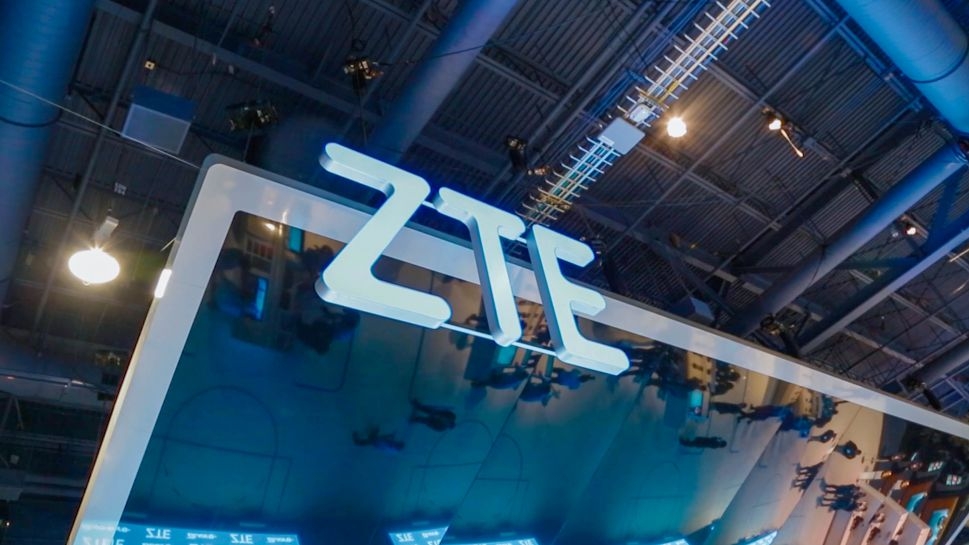
ZTE
ZTE is another company that’s plugging away on 5G in the background. But while you might know the company mostly for smartphones, it has its fingers in all sorts of telecommunications pies. In fact, it’s the world’s fourth largest telecommunications equipment maker.
So while, yes, it’s launching 5G handsets – starting with the already-announced ZTE Axon 10 Pro 5G – it’s also making 5G equipment for mobile networks, and has been influential in developing 5G as we know it.
The company has for example carried out various 5G trials, helped approve 5G standards, and holds a substantial number of 5G patents – it even won an award earlier in 2019 for its ‘Global 5G Infrastructure Technology Leadership’.
5G Uncovered, in association with Samsung, brings you everything you need to know about the next wave of connectivity - not just how fast it's going to be, but in just how many ways it's going to change your life. Our 5G Uncovered hub is carefully curated to show everything there is to know about the next generation of connection.
James is a freelance phones, tablets and wearables writer and sub-editor at TechRadar. He has a love for everything ‘smart’, from watches to lights, and can often be found arguing with AI assistants or drowning in the latest apps. James also contributes to 3G.co.uk, 4G.co.uk and 5G.co.uk and has written for T3, Digital Camera World, Clarity Media and others, with work on the web, in print and on TV.